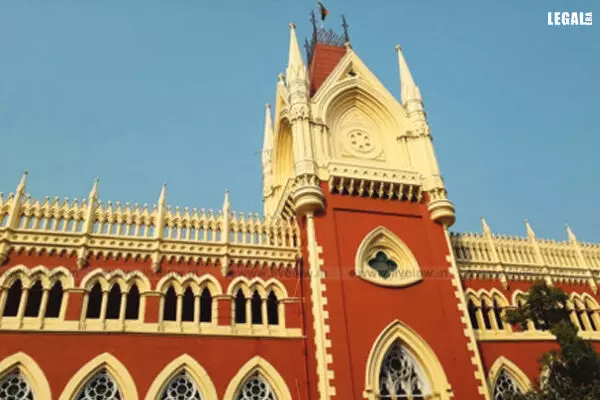- Home
- News
- Articles+
- Aerospace
- Agriculture
- Alternate Dispute Resolution
- Banking and Finance
- Bankruptcy
- Book Review
- Bribery & Corruption
- Commercial Litigation
- Competition Law
- Conference Reports
- Consumer Products
- Contract
- Corporate Governance
- Corporate Law
- Covid-19
- Cryptocurrency
- Cybersecurity
- Data Protection
- Defence
- Digital Economy
- E-commerce
- Employment Law
- Energy and Natural Resources
- Entertainment and Sports Law
- Environmental Law
- FDI
- Food and Beverage
- Health Care
- IBC Diaries
- Insurance Law
- Intellectual Property
- International Law
- Know the Law
- Labour Laws
- Litigation
- Litigation Funding
- Manufacturing
- Mergers & Acquisitions
- NFTs
- Privacy
- Private Equity
- Project Finance
- Real Estate
- Risk and Compliance
- Technology Media and Telecom
- Tributes
- Zoom In
- Take On Board
- In Focus
- Law & Policy and Regulation
- IP & Tech Era
- Viewpoint
- Arbitration & Mediation
- Tax
- Student Corner
- AI
- ESG
- Gaming
- Inclusion & Diversity
- Law Firms
- In-House
- Rankings
- E-Magazine
- Legal Era TV
- Events
- News
- Articles
- Aerospace
- Agriculture
- Alternate Dispute Resolution
- Banking and Finance
- Bankruptcy
- Book Review
- Bribery & Corruption
- Commercial Litigation
- Competition Law
- Conference Reports
- Consumer Products
- Contract
- Corporate Governance
- Corporate Law
- Covid-19
- Cryptocurrency
- Cybersecurity
- Data Protection
- Defence
- Digital Economy
- E-commerce
- Employment Law
- Energy and Natural Resources
- Entertainment and Sports Law
- Environmental Law
- FDI
- Food and Beverage
- Health Care
- IBC Diaries
- Insurance Law
- Intellectual Property
- International Law
- Know the Law
- Labour Laws
- Litigation
- Litigation Funding
- Manufacturing
- Mergers & Acquisitions
- NFTs
- Privacy
- Private Equity
- Project Finance
- Real Estate
- Risk and Compliance
- Technology Media and Telecom
- Tributes
- Zoom In
- Take On Board
- In Focus
- Law & Policy and Regulation
- IP & Tech Era
- Viewpoint
- Arbitration & Mediation
- Tax
- Student Corner
- AI
- ESG
- Gaming
- Inclusion & Diversity
- Law Firms
- In-House
- Rankings
- E-Magazine
- Legal Era TV
- Events
Calcutta High Court rejects order on ITC denial

Calcutta High Court rejects order on ITC denial
The bench advised the department to look afresh into the petitioners' documents claiming the genuineness of transactions
The Calcutta High Court has held that the Input Tax Credit (ITC) cannot be denied in case of genuine transactions with suppliers whose Goods and Services Tax (GST) registration is cancelled.
The petitioners/assessees were aggrieved by the action of the department denying the benefit of ITC on the purchase of goods.
The department demanded the petitioners pay the penalty and interest under the provisions of the Goods and Services Tax Act. This was on the basis that with retrospective effect, covering the transaction period, the registration of the suppliers had already been cancelled.
However, the bench comprising Justice Md. Nizamuddin directed the department to consider afresh the issue of their entitlement to ITC benefits. It advised the department to consider the petitioners' documents that supported their claim of the genuineness of the transactions.
The bench further stated that the respondent should also consider whether payments on the purchase, along with GST, were paid or not to the suppliers. They should also see whether the transactions and purchases were made before or after the cancellation of the registration. In addition, it should note the compliance of statutory obligation by the petitioners in the verification of the identity of the suppliers' Return to Provision (RTP).
"If it is found upon verification and considering the relevant documents that all the purchases and transactions in question are genuine and supported by valid documents and transactions in question were made before the cancellation of registration of those suppliers and after taking into consideration as to whether facts of the petitioners are similar to the judgements of the Supreme Court and various High Courts and of this court upon which petitioners intend to rely and if it is found similar to the present case in that event the petitioners shall be given the benefit of input tax credit in question," the court ruled.



